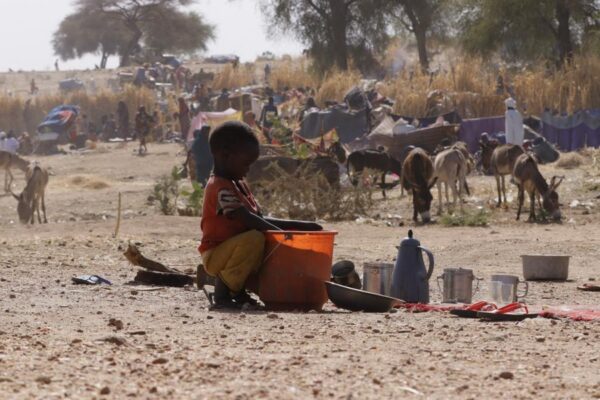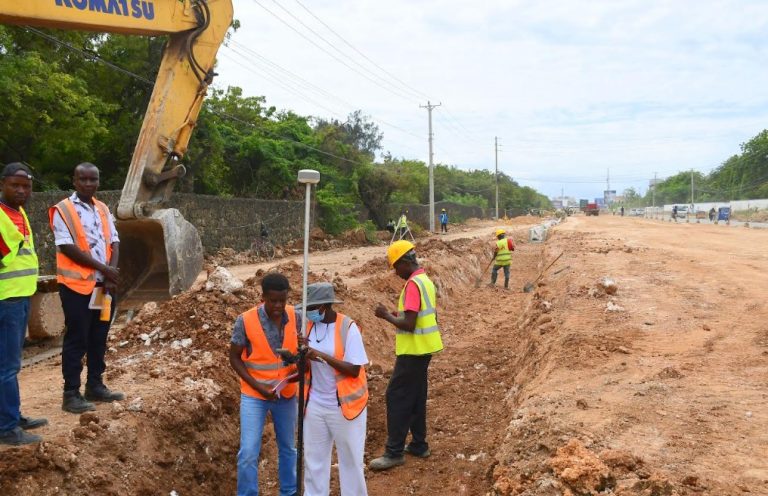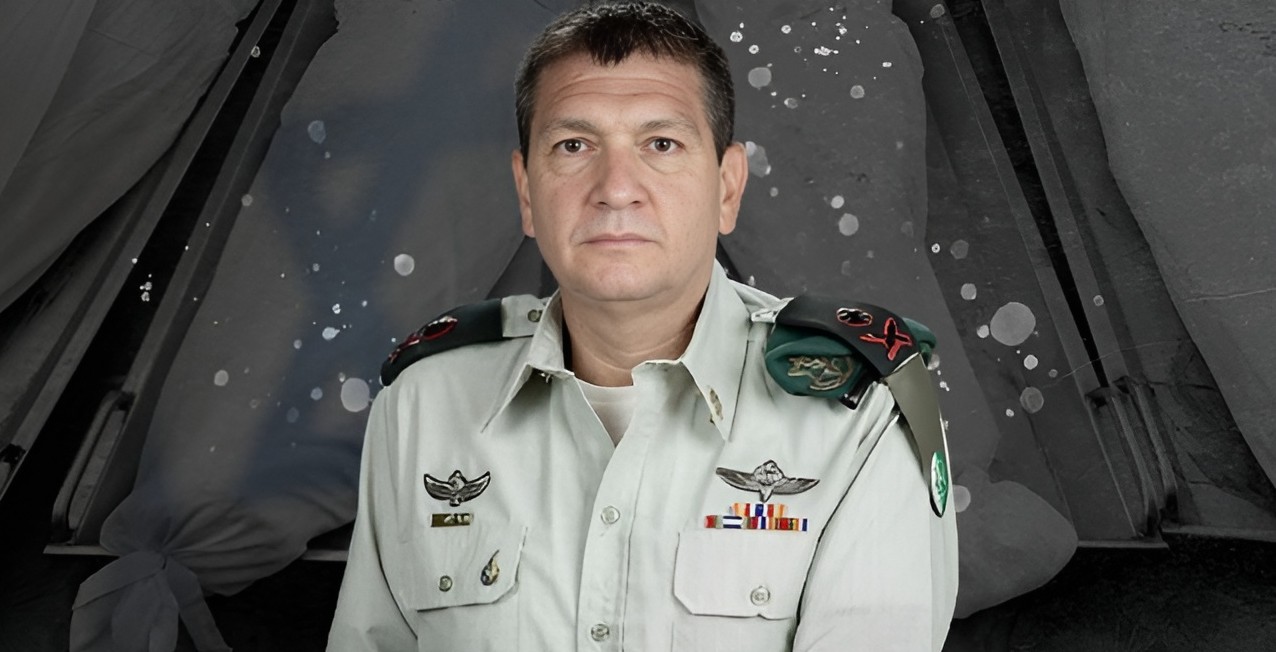Scribbled lines of life - hunger and hope in a Darfur city

The conflict in Sudan erupted in April 2023, devastating the country's infrastructure, killing tens of thousands, displacing millions, and creating a severe humanitarian crisis. El Fasher has been the epicentre of the conflict since May 2024.
I walked beside Nora Abdel Rahman on August 10 as dawn broke over the southern neighbourhoods of El Fasher, a city in the Darfur region of southwestern Sudan. The air, thick with dust, carried the metallic scent of desperation.
At 35, Nora's thin frame pushed a wooden cart laden with sorghum flour sacks, a fragile cargo in a place where hunger gnaws even louder than war.
More To Read
- Sudan army accused of torture, 'execution chambers' in Khartoum as war fuels famine, cholera crisis
- 17 areas of Sudan "at risk of famine": UN spokesman
- Cholera kills 40 in Sudan’s worst outbreak in years
- ‘Only hunger and bombs’ for besieged civilians in Sudan’s El Fasher
- RSF attack on Darfur camp kills 40 civilians, injures 19 in escalating Sudan conflict
- Libya linked to Sudan’s RSF military camp as UN condemns arms flow amid ongoing Darfur conflict
Once a teacher nurturing hope with pens and notebooks, Nora now navigates the streets of cracked homes and rag-stuffed windows. As we walked side by side through the alleys, I saw children huddling in scant shade, their hollow eyes tracking her cart. I felt a stifling quietness, broken only by a child's whimper or a sick elder's cough.
"Why this work?" I asked Nora. She stopped, rested on a crumbling wall, and wiped sweat from her brow: "The day the school closed as battles intensified, I watched my students leave - some unsure if they'd return. Neighbours knocked, asking for sugar or oil. I remembered my classroom notebook ... why not turn it into another kind of notebook? A notebook of hungry families."
She then flipped open the worn pages of the notebook she carries everywhere: "I began by writing down names - who had a sick child, who'd lost a breadwinner, the widows, the elderly. That was my first step."
By mid-morning, Nora's deliveries began. At Um Nadir's, five children were clinging to their mother's faded dress when the door was opened. The woman's exhausted face softened as Nora handed her flour and oil. Then, Nora paused to catch her breath at Uncle Hassan's door before offering him flour and lentils.
With each stop, Nora would scribble urgent notes: Oil out here. Children need shoes. Mother is ill, and medicine is needed.
By midday, we reached another home. Nora left flour and sugar silently at the door. Her earth-toned scarf slipped, and a strand of hair caught the scorching sun. This work, born from her solitary acts and fueled by scraps of better-off neighbours' generosity, has become what Nora called "something like a charity organisation."
 A child tries to find food from a bucket at a displacement camp in El Fasher, North Darfur region, Sudan, on July 9, 2025. (UNICEF/Handout via Xinhua)
A child tries to find food from a bucket at a displacement camp in El Fasher, North Darfur region, Sudan, on July 9, 2025. (UNICEF/Handout via Xinhua)
As shadows lengthened at dusk, Nora's cart emptied, and we returned to her home. Nora's shoes were powdered with dust. Her shoulders slumped, but her heart was lighter. Putting her cart aside, she immediately set her notebook on the table and quietly began planning for the next day.
Nora told me her challenges are relentless: insecurity rising from the years-long conflict, dwindling flour stocks, and her bone-deep weariness, among others.
When I asked her about her dream, she offered a faint smile: "My dream is to return to my classroom, to see my students eat before they learn - and for the word siege to exist only in history books, read in safe schools."
"Hunger cannot defeat a society that stays united. Whenever I hear of a child lost to malnutrition, I write down more names - as if making a vow that no one else will fall silently," she said.
The conflict in Sudan erupted in April 2023 over a power struggle between the Sudanese Armed Forces and the Rapid Support Forces (RSF), devastating the country's infrastructure, killing tens of thousands, displacing millions, and creating a severe humanitarian crisis. El Fasher, the last major city in the vast Darfur region not under RSF control, has been the epicentre of the conflict and under siege by the RSF since May 2024.
Since then, grain prices have screamed into madness. Most communal kitchens, known locally as Takayas, have shuttered. The United Nations and local relief networks warn of a "particularly dire" humanitarian crisis in the city: nearly 40 per cent of El Fasher's under-five children suffer acute malnutrition, including 11 per cent facing death threats.
Beyond Nora's cart, I found other acts of benevolence in the city, witnessing growing human tragedies. In the Al-Karanik neighbourhood, Zainab Ishaq would stir a pot of aseeda each afternoon. No meat, no onions, the faint aroma of the porridge nevertheless lures each hungry child nearby.
"Flour is scarce, and the ingredients are simple," she told me, serving modest portions. "But how can I close my door when I hear a neighbour's child crying? One bite can be enough for many. Hunger unites us; it doesn't divide us."
Through Nora's notebook and Ishaq's pot, I witnessed a miracle: The human hand still feeds even when humanitarian aid itself has become a target. Those handwritten vows and generous hearts could be the most vital lifeline. Yet how long they hold is anyone's guess.
Top Stories Today














































